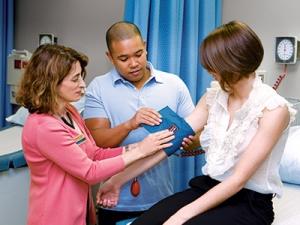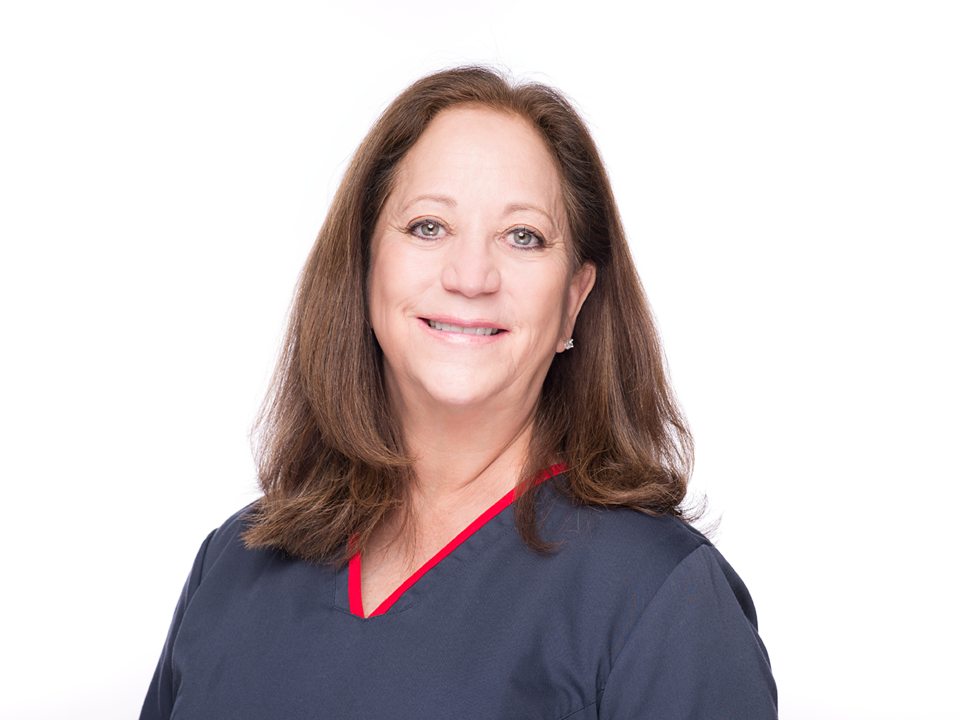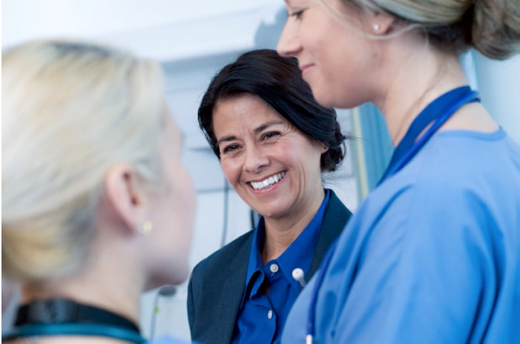Featured
Tags
Share

If you're looking into nursing college, you may have a lot of questions on your mind. Everything from, “When do classes start?” and, “Can I get financial aid?” all the way to, “I applied … now what?”
You might also be wondering what courses you’ll take in nursing college.
Depending on your collegiate experience, you’ll likely take liberal arts and sciences courses as well classes focused solely on nursing and the skills you’ll need.
Here's a general breakdown of what to expect in nursing college courses.
Liberal arts and sciences courses
No matter what degree you earn, liberal arts and sciences courses are required to help build a solid framework for your higher education.
Though it may not always seem obvious, classes in English, math and social sciences offer knowledge which can play a role in your day-to-day work as a nurse.
Here’s an example of what some of the liberal arts and sciences courses you take may be like:
- Introduction to Business and Technology This course introduces business and the environment in which businesses operate. Students examine the role of major functional areas of business and interrelationships among them. Organizational theories and techniques are examined and economic, cultural, political and technological factors affecting business organizations are evaluated.
- Principles in Economics This course introduces basic concepts and issues in microeconomics, macroeconomics and international trade. Microeconomic concepts such as supply and demand and the theory of the firm serve as foundations for analyzing macroeconomic issues. Macroeconomic topics include Gross Domestic Product (GDP) and fiscal and monetary policy as well as international topics such as trade and exchange rates. The course emphasizes analyzing and applying economic variables of real-world issues.
- Healthcare Statistics and Research In this course, students apply statistical analysis tools and biomedical research methodologies to health information management processes and cases. Descriptive statistics, nonparametric methods and inferential concepts are used to organize health data and present health information. Vital statistics methods and epidemiological principles are applied. The course also covers research design/methods and research protocols.
Beyond the base of liberal arts and sciences classes students take are those which make up the nursing major.
Clinical & non-clinical nursing courses
On a basic level, college of nursing courses are no different than their liberal arts and sciences counterparts. The only difference is that now the focus is on nursing alone.
You’ll start out with courses like the fundamentals of nursing and work your way to hand-on experiences in the clinical setting and eventually courses which require you to demonstrate mastery of the skills you’ve learned, both in general and in nursing.
Here’s an example of what some of the nursing courses you take may be like:
- Fundamentals of Nursing This course identifies the role of the professional nurse in the provision of quality healthcare to patients. Additional topics to be explored include a review of the nursing profession and current trends. Legal and ethical aspects of professional nursing are applied to healthcare. Concepts related to communication, infection control and psychosocial nursing are presented. A lab session will focus on health assessment techniques.
- Nursing Care of Children The emphasis in this course is on the nursing care of pediatric patients ranging from infancy through adolescence. Health promotion and restoration are presented, as well as safety principles. Family concerns while providing nursing care are also identified. A clinical experience takes place in a variety of healthcare settings.
- Critical-Care Nursing Adult patients with unstable emergent critical illnesses are the focus of this course. Students integrate nursing and technological and scientific knowledge with clinical judgment to potentiate optimal health with a diverse patient population. Students utilize comprehensive assessment techniques, advanced nursing skills and multiple nursing modalities to maximize optimal health. As a member of the multi-disciplinary health team, the professional nursing student progresses in a variety of critical- and emergency-care settings.
Each nursing class is designed to build upon the knowledge learned in the others. As a result, students will find themselves continually expanding their experience until they’ve touched all aspects of nursing and will demonstrate this experience in the aforementioned capstone courses.
What courses are you most interested in taking?
By Ryan Segovich
More from Home
Request More Information
To receive the Chamberlain University Program Guide, including associated career paths, please select a program of study.






